EU Enlargement: Ever Wider Union or Enduring Fatigue?
Vitus Terviel, YSC Head of Academia
Photo credit: Americahaus (c)
The panel "Ever Wider Union or Enduring Enlargement Fatigue?” at the Young Security Conference 2024 provided an in-depth discussion on the current state and future prospects of the European Union’s enlargement policy. The main questions addressed were whether the EU will continue to expand or whether it will succumb to enlargement fatigue, considering the geopolitical and internal dynamics at play. This discussion is crucial given the recent reinvigoration of the enlargement debate under the leadership of EU Commission President Ursula von der Leyen, which is expected to be continued in her second term.
Moderated by Dr Alina Nychyk, the panel featured Viola von Cramon-Taubadel, Member of the European Parliament with Alliance 90/The Greens, Jovana Marović, member of the Balkans in Europe Policy Advisory Group, and Richard Kraemer, President of the US-Europe Alliance. Together, they explored the necessity for the EU to learn from past experiences with successful and more difficult cases of enlargement, and the importance of garnering support from EU citizens for further enlargement. They examined stagnation in the Western Balkans, the disproportionate focus on Serbia, and the internal EU politics affecting the enlargement process.
The discussion highlighted several critical points. Von Cramon-Taubadel emphasized that the EU needs to avoid repeating past mistakes with Ukraine and Moldova. Furthermore, she stressed that internal EU politics, particularly Hungary's influence, pose significant obstacles to the enlargement process. According to her, Hungary's control over key EU files and the rise of right-wing populism are major hindrances.
Marović criticized the EU's lack of vision and ineffective democratic reforms in the Western Balkans over the past two decades. She argued that the success of future enlargement efforts would depend significantly on the nationality of the next EU commissioner, with a commissioner from France or Germany potentially indicating a serious commitment to enlargement. Marović also pointed out the imbalance in funding between Serbia and Montenegro, advocating for prioritizing Montenegro due to its closer proximity to EU membership.
Kraemer highlighted Serbia's role as a proxy for China and Russia, noting that neither its leadership nor its populace shows a genuine inclination towards EU or NATO membership. He warned that a potential second Trump administration could strain transatlantic relations and negatively impact EU enlargement. Kraemer stressed the flawed strategy of admitting undemocratic states in the hope of subsequent improvements, pointing to significant corruption and Russian influence in Serbia and the Western Balkans.
The panel also addressed Ukraine's potential EU accession, with von Cramon-Taubadel discussing the media's disregard for Ukraine in Serbia and the complications posed by the ongoing conflict. She asserted that Ukraine's accession does not necessarily hinge on the end of the war, citing West Germany and Cyprus as precedents. However, Marović expressed skepticism about Ukraine's readiness for EU membership, emphasizing the extensive reforms needed, particularly in agriculture. Kraemer concurred, highlighting significant corruption issues and the influence of Russia in both Serbia and the Western Balkans, and urging the EU to set clearer boundaries.
Policy Recommendations
Adopt a merit-based approach: Ensure that candidate countries meet clear and firm requirements before accession.
Address internal EU politics: Mitigate the influence of member states like Hungary that hinder the enlargement progress.
Prioritise strategic candidates: Focus on countries like Montenegro, which are closer to meeting EU membership criteria, and provide balanced support across all candidates.
Enhance geopolitical considerations: Strengthen the EU's geopolitical strategy to counter external influences from countries like Russia and China.
The panel underscored the intricate interplay of internal and external factors affecting the EU’s enlargement policy. The renewed focus on enlargement is significantly influenced by geopolitical factors, particularly Russian aggression. However, internal EU dynamics, such as the influence of Hungary, present substantial obstacles. The readiness of candidate states varies, with Ukraine and the Western Balkans facing significant reform challenges. The discussions highlighted the necessity of a strategic, transparent, and decisive approach to navigate the complex landscape of EU enlargement. As discussed in other panels and workshops during the YSC24, this panel also highlighted the need for internal polity changes instead of simply demanding systemic improvements from the EU’s neighborhood.
This policy brief is part of our series on the panels of the #YSC2024. To learn more about our anniversary conference click here.






